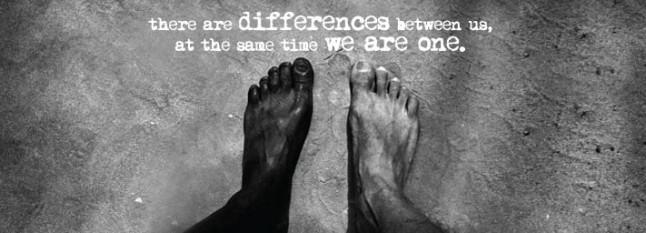A series of short articles on world values.
In this series of mini-articles, we take a look at some statistics about societies and see if we can understand the human meaning behind those trends and statistics. We’ll also invite representatives of the countries in question to share their personal experiences on the values in question. We’ll ask someone from India, for example, ‘Is it really true that so many Indians feel themselves to be world citizens and why do you think that’s the case?’
Today’s question: Do you feel like a citizen of the world?
It’s easy enough just to say ‘yes’. Especially if you feel you ought to say yes. Statistics on people’s behavior are often misleading for this reason - people say what they think they ought to say, rather than what they think. Sometimes people don’t even know what they think. If you take a look at surveys on prejudice, a famous question on tolerance is ‘Would you like to live next door to [someone of a different race, religion other social minorities…]? No one wants to be dubbed a racist, so you find that in countries where there has been a lot of public and legal discussion on racism like the UK or Germany, the stats appear to show that people are very tolerant. But then you look a little deeper and you may find that people are only tolerant – “I say I don’t mind living next door to a person of another race, but that’s partly because in my country, your ‘home is your kingdom’ – so I don’t very much care what you do there.” This kind of tolerance is only skin-deep, we might say.
It ain’t what you think, it’s the way that you do it…
But ask people about what they do rather than what they think, and another picture emerges. Do you eat the food of different cultures? With pleasure? Do you find people of all races attractive? There have been legal battles in the USA to decide whether people can put up a lonely heart ad specifying race or religion ‘I’m looking for a wealthy, Italian-American etc etc.’ Is that your freedom of choice/expression in a private matter – or is it discrimination? What do you think? Does your religion accept the honoring of the leaders of other religions? “How deep is your love?” as the song asks. We leave the reader to make up their own mind on these controversial issues.
Go India!
Anyway, who at least says they feel like a citizen of the world? Out of our sample of India, the USA, Canada, Poland and Germany leading the way is … India – almost 37% of Indians strongly identify themselves as world citizens, followed by Canada at 29%, then Poland at 22%, followed by the USA at almost 21% and Germany lagging behind with just under 18%.
To meet some world citizens, join the new social network at www.one-world-family.org
